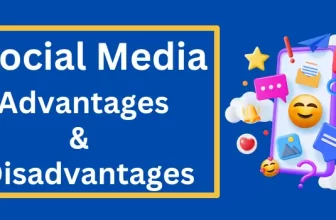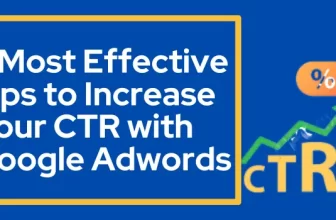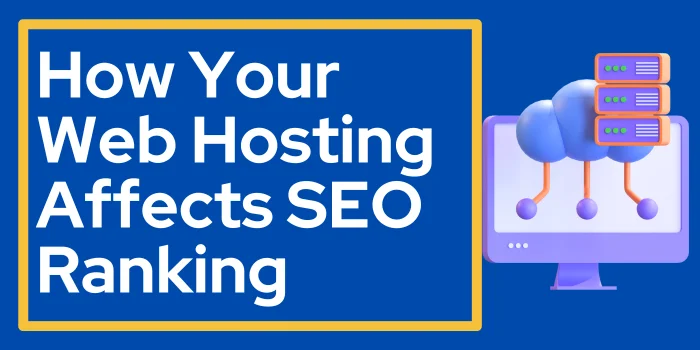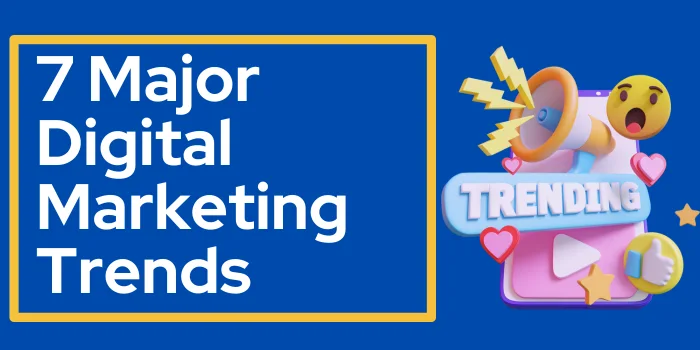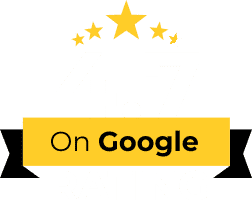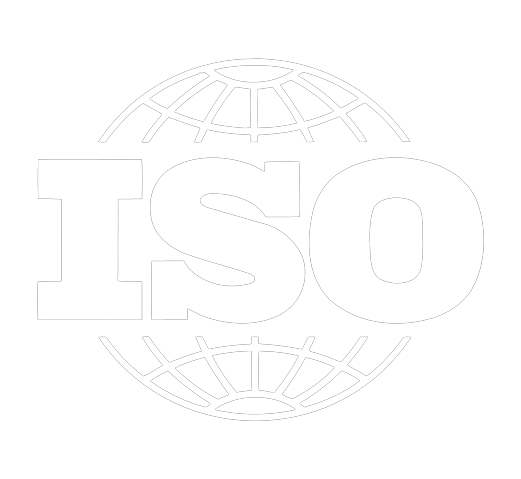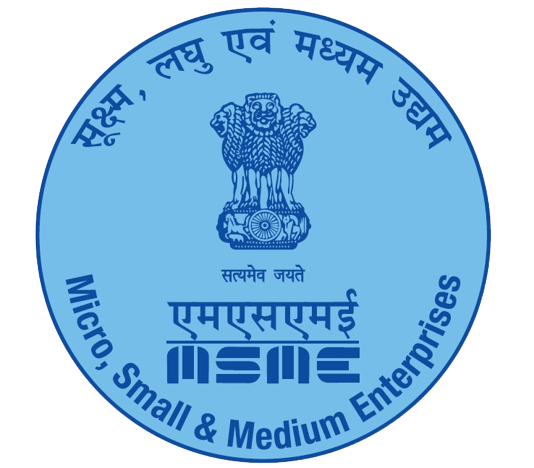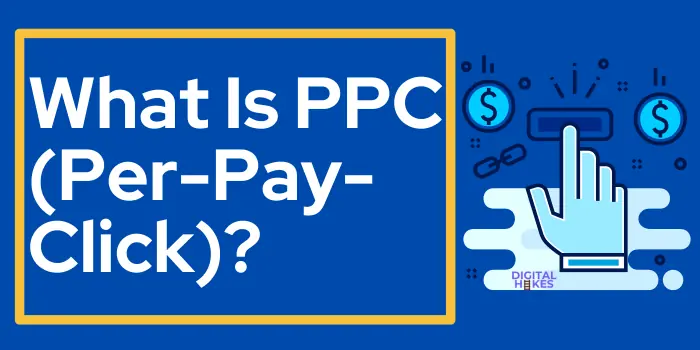
Pay-Per-Click is a part of digital marketing. It is a digital advertising model wherein businesses are charged every time a user hits one of their ads. It is a popular form of online advertising used to drive targeted traffic to a website.
PPC(Pay-Per-Click) advertising works through an auction-based system, where advertisers bid on specific keywords and audience-targeting options to show their ads to potential customers. The advertiser with the highest bid and ad quality score gets their ad displayed on the search engine results page or other relevant websites.
PPC has become a significant part of digital marketing strategies due to its effectiveness in reaching a targeted audience, measuring results, and controlling advertising costs.
Definition Of PPC
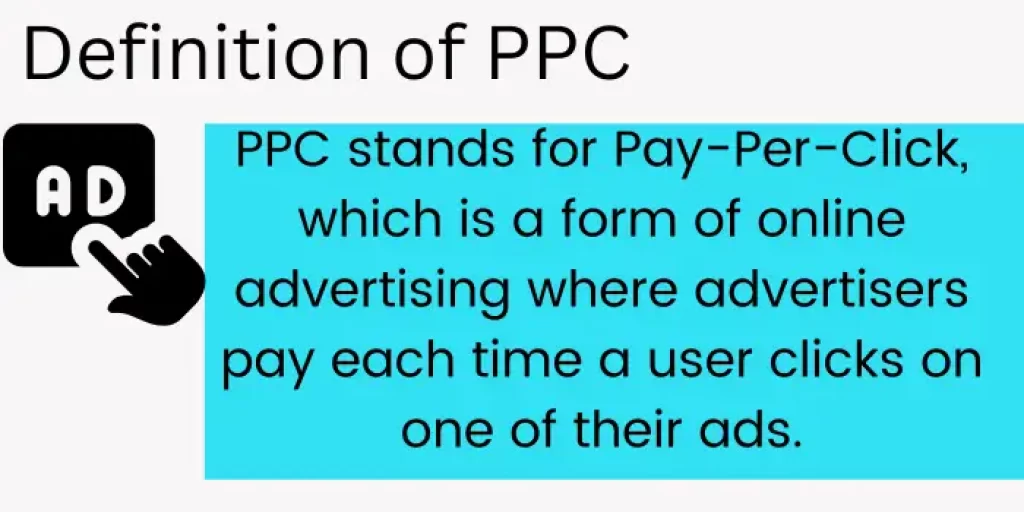
PPC stands for Pay-Per-Click. It is a form of online advertising in which advertisers pay a fee each time one of their ads is clicked on. PPC ads typically appear at the top of search engine results pages or on websites and social media platforms, and they can be targeted to specific audiences based on factors such as location, interests, and demographics.
The most popular PPC advertising platform is Google Ads, but other platforms such as Bing Ads, Facebook Ads, Twitter Ads, and LinkedIn Ads also offer PPC advertising options. PPC can be an effective way to drive targeted traffic to a website and generate leads or sales, but it requires careful management and optimization to ensure a positive return on investment.
How PPC Works
In this part of the article will explain the major steps involved in how PPC works, in an easy-to-understand manner.
- Understanding The Ad Auction: PPC uses an auction-based system where advertisers bid on keywords. When a user searches, the search engine runs an auction to determine which ads to display based on bids and other factors. Ads are charged when clicked.
- Determining Ad Rank: Ad rank depends on the maximum bid and ad quality score. Quality score is based on ad relevance, CTR, landing page quality, and other factors. It measures an ad’s usefulness to users.
- Ad Placement: Ad placement depends on ad rank. Higher ad rank means higher placement on the search results page. Ad extensions and formats can also affect placement, providing additional information about products or services.
- Cost Per Click (CPC): CPC is the fee an advertiser pays for each ad click. Actual CPC is based on the ad rank of the advertiser below them divided by their own quality score, plus one cent. Lower-quality scores with higher bids pay more.
Benefits Of PPC
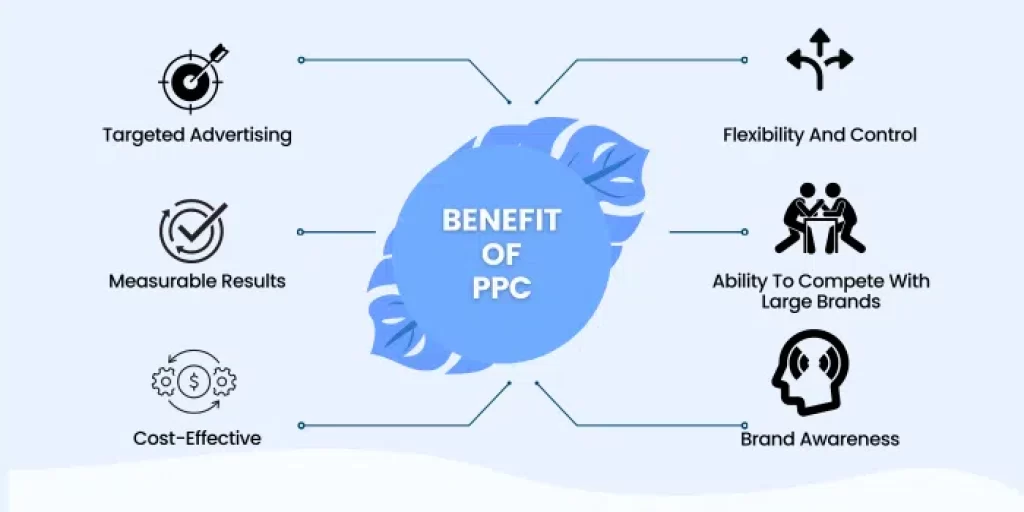
PPC advertising offers numerous benefits to businesses. Following are the major benefits of PPC you can check below:
Targeted Advertising
PPC allows targeting ads based on location, language, device, and interests. Advertisers can reach relevant audiences, making their budget more effectively and ensuring their ads are seen by people interested in their products or services.
Measurable Results
PPC provides data and insights on ad performance. Advertisers can track metrics like click-through and conversion rates, and determine the ROI of their advertising spend.
Cost-Effective
PPC allows advertisers to set their own budgets and bids, so they can control their advertising costs. They only pay when someone clicks on their ad, so they can be sure that their budget is being spent on actual clicks from potential customers.
Flexibility And Control
PPC provides flexibility and control. Advertisers can adjust ads and targeting options in real time and pause or stop campaigns if necessary. This ensures campaigns are optimized for the best results and budget.
Ability To Compete With Large Brands
PPC allows smaller businesses to compete with larger brands. Ad placement depends on ad rank and quality score, meaning high-quality ads can achieve top placements regardless of budget.
Types Of PPC Advertising
There are many different PPC types, however, in this section of the article, we focus on the most common PPC types. Let’s explore this in detail below:
- Search Advertising: it is the most common type of PPC(Pay-Per-Click). Ads are placed on search engine results pages for relevant keywords, labeled as “sponsored” or “ad,” and appear at the top or bottom of the page.
- Display Advertising: Display advertising places ads on third-party websites in the form of banners, text, or video. Ads appear on relevant websites in the Google Display Network or other networks, often used for brand awareness and retargeting.
- Social Media Advertising: Social media advertising places ads on platforms like Facebook, Instagram, Twitter, and LinkedIn. Ads can be sponsored posts, stories, or videos and target specific demographics and interests. It’s an effective way to reach a highly targeted audience.
Setting Up A PPC Campaign
Before setting up a PPC campaign one should remember some points in their mind. Here below some important points, let’s discuss them briefly:
Keyword Research
Keyword research involves identifying the keywords and phrases that people are using to search for products or services related to an advertiser’s business. This involves using keyword research tools and analyzing search volumes and competition levels for each keyword.
Creating Ad Copy
Text that appears in advertisements is known as ad copy. It should be compelling and persuasive, and it should highlight the unique value proposition of an advertiser’s products or services. Ad copy should also include a clear call-to-action (CTA) that tells the user what action they should take after clicking on the ad.
Setting Up Campaigns And Ad Groups
Campaigns and ad groups are the organizational structure of a PPC account. Campaigns are typically organized by theme or product line, while ad groups are organized by specific keywords. Ad groups contain one or more ads and keywords that are relevant to the ad group’s theme.
Setting Budgets And Bids
Advertisers set their budgets and bids based on their advertising goals and their available budget. Budgets are the maximum amount an advertiser is willing to spend on a campaign or ad group, while bids are the maximum amount an advertiser is willing to pay for a click on their ad. Bids are set on a per-keyword basis.
Tracking And Monitoring
Once a campaign is launched, it’s important to track and monitor its performance. This involves using tracking tools like Google Analytics to measure metrics like click-through rate, conversion rate, and cost per conversion. Advertisers should also monitor their budgets and adjust their bids and budgets as needed to optimize their campaigns for the best results.
Common PPC Mistakes
Before starting a PPC campaign, it’s important to be aware of common mistakes that can happen by accident. Also, you can hire a PPC management service to avoid these mistakes. They will handle everything effectively your PPC campaign. Now Let’s have a look at common PPC mistakes below:
- Poor Keyword Selection: Choosing the wrong keywords can lead to wasted ad spend and poor performance. Advertisers should research and select relevant, high-quality keywords with a high search volume and low competition.
- Lack Of Ad Testing: Testing different ad variations can help advertisers determine which ads perform the best and improve overall campaign performance. Advertisers should test different ad copy, headlines, and images to find the best-performing ads.
- Not Utilising Targeting Options: PPC platforms offer various targeting options, such as location, demographics, and interests. Advertisers should use these options to target their ads to the most relevant audience, which can improve ad performance and reduce wasted ad spend.
- Neglecting Negative Keywords: Negative keywords are keywords that an advertiser does not want their ads to appear for. Neglecting negative keywords can lead to irrelevant clicks and wasted ad spending. Advertisers should regularly review their search terms and add negative keywords to their campaigns.
- Not Analysing Data: Analysing campaign data is essential to identifying areas for improvement and optimizing campaign performance. Advertisers should regularly review their campaign data and adjust their strategies accordingly. Analyzing indicators like click-through rate, conversion rate, and cost per conversion is part of this.
What Are The Career Scopes In PPC(Pay-Per-Click)
PPC advertising offers several career growth opportunities, including:
Advancement Within PPC Roles
With experience, PPC specialists can advance to higher-level positions, such as PPC Manager, Director of PPC, or VP of Digital Marketing.
Cross-Functional Roles
PPC specialists can move into other digital marketing roles, such as SEO, social media marketing, email marketing, or content marketing.
Analytics And Data-Focused Roles
PPC specialists can leverage their skills in data analysis and optimization to transition into roles focused on analytics and data, such as Business Analyst, Data Scientist, or Marketing Analyst.
Entrepreneurship
Experienced PPC specialists can start their own digital marketing agencies or consulting firms.
Specialization
PPC specialists can specialize in specific industries or niches, such as healthcare, finance, or e-commerce, and become experts in those areas.
How Much Can I Earn With A PPC Job?
The earning potential in a PPC job can vary based on several factors, including your level of experience, the company you work for, the industry you work in, and the location where you work.
As a beginner, you can expect to earn an average salary of around ₹3,00,000 to ₹4,50,000 per year. With a few years of experience, you can earn around ₹4,50,000 to ₹6,00,000 per year.
Experienced PPC specialists or managers can earn even higher salaries, ranging from ₹6,00,000 to ₹12,00,000 per year or more, depending on their expertise, level of responsibility, and the company they work for.
How Much Does PPC Advertising Cost?
The cost of PPC advertising depends on various factors, including the industry, competition, and keywords. Advertisers typically set a budget for their campaigns and pay each time someone clicks on their ad.
Which Platforms Offer PPC Advertising?
Most search engines offer PPC advertising, including Google Ads and Bing Ads. Social media platforms like Facebook, Instagram, LinkedIn, and Twitter also offer PPC advertising.
Conclusion
In conclusion, PPC advertising is a highly effective way for businesses to reach their target audience and drive relevant traffic to their website. By using targeted keywords and ad copy, advertisers can attract high-quality leads and improve their return on investment.
To run a successful PPC campaign, it is important to conduct thorough research, choose relevant keywords, create compelling ad copy, and monitor and optimize campaign performance regularly. By avoiding common mistakes like

